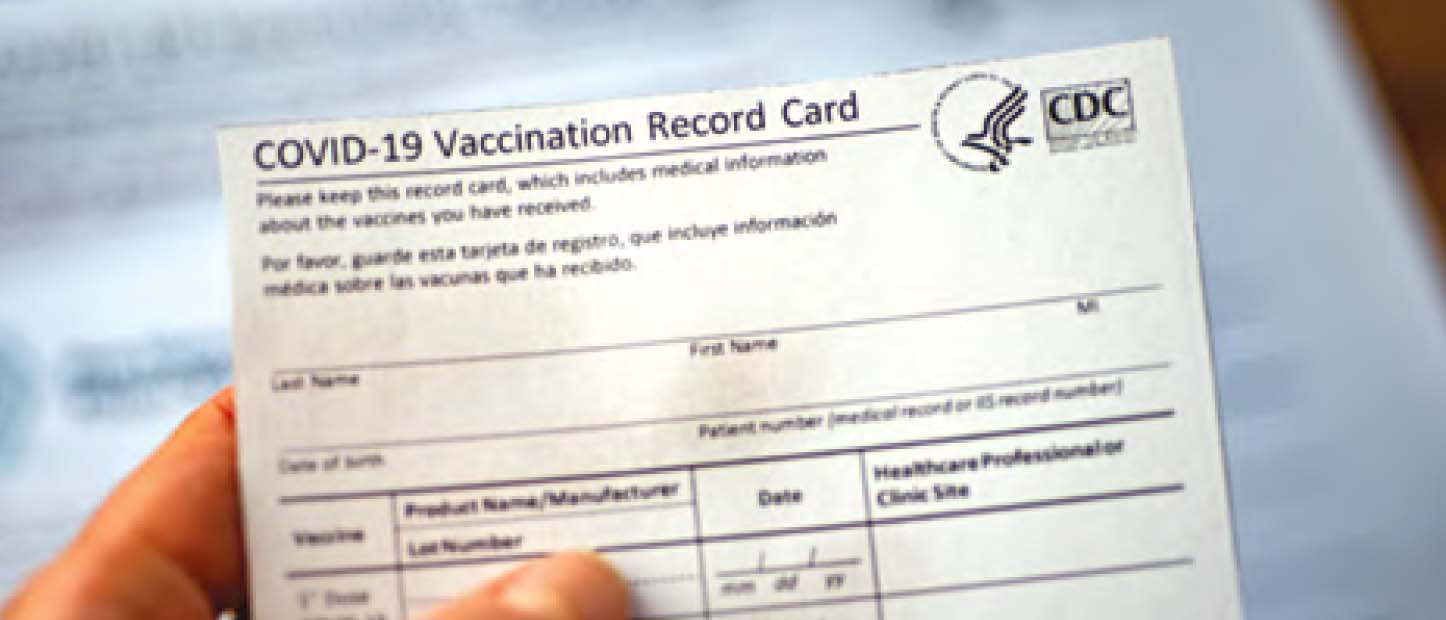
Healthy Eating on a Budget

Healthy Eating on a Budget
By Erin O’Brien
Most of us are well aware of the benefits of a healthy diet – and those who are trying to eat healthier have likely noticed that the grocery bill tends to run a little higher when purchasing healthy, all-natural and organic foods. While we know that there are long-term benefits to this healthy lifestyle, our budgets can restrict the amount of organic, all-natural and healthy food we purchase. By shopping a little smarter, we can stretch our dollars further and still enjoy delicious foods and the positive health benefits they provide. The following are some of the healthy foods that give you the most bang for your buck.
Potatoes ($0.99/pound)
Potatoes come in a variety of colors (white, red, purple and orange) and each type of potato has its own mix of nutrients, so variety is important. They all contain high levels of potassium (proven to be essential for health heart function) and Vitamin C, which is important to keep our immune systems functioning properly. If possible, keep the skin on – 20% of the nutrients are found in the skin, but so is most of the fiber. Potatoes also contain a “resistant starch” which has been shown to help stabilize blood sugar levels.
Canned Pumpkin ($1.29/can)
Low in calories and high in fiber and Vitamin A, canned pumpkin has the additional benefit of having a long shelf life. Not just for Thanksgiving, it can be used in sweet and savory dishes like breads, cookies, oatmeal, yogurt, pancakes, smoothies and stews. Pumpkin also aids in digestion and boosts immunity.
Bananas ($0.79/pound)
The perfect portable snack, bananas can also be peeled and frozen for use in smoothies instead of ice. They are high in potassium and fiber, with about three grams of fiber per serving.
Popcorn ($1.00/pound)
Put those microwave popcorn bags away! Besides being full of potentially harmful chemicals, they also contain a high amount of calories from the flavorings. Instead, take a few more minutes to air-pop plain kernels on the stovetop. One cup of popped popcorn has only 30 calories. For a richer taste, pop it in coconut or olive oil and flavor with sea salt, parmesan cheese, cinnamon, herbs or spices. A little bit of grass-fed butter works well here too.
Peanut Butter ($2.79/jar)
A study in the Journal of the American Medical Association Internal Medicine found a link between peanuts and a lower risk of cardiovascular disease. This is due to the mono- and polyunsaturated fats in regular peanut butter (not the reduced-fat or fat-free kinds, avoid those). Be sure to eat peanut butter in smaller portions due to its dense caloric content. Two tablespoons contains eight grams of protein but about 200 calories.
Olive Oil ($8.33/liter)
A diet including olive oil can help reverse metabolic disease syndrome according to a study by the Canadian Medical Association Journal. Olive oil also supports bone health, lowers the risk of cardiovascular disease and improves brain cell function. Best when consumed cold in dressings and vinaigrettes, it can also be used to cook at low to medium temperatures. At only twelve cents per tablespoon, this versatile ingredient will go a long way in improving your health.
Frozen Broccoli ($1.69/pound)
Frozen fruits and vegetables are frozen at their nutritional peaks, so the vitamins and antioxidants are retained until you are ready to eat. Broccoli holds up well to freezing and helps to reduce inflammation, decrease your cancer risk and detox your body.
Regular Rolled Oats ($1.00/pound)
Be sure to go for the plain, not flavored varieties here. Flavorings add processed sugars and fats. Rolled oats are high in soluble fiber, which slows digestion and keeps your full longer. A half cup contains five grams of fiber and about 150 calories. Add a sliced banana, cinnamon or honey for some sweetness.
Raw Pumpkin Seeds ($6.00/pound)
Also known as pepitas, these seeds can be consumed in small quantities for great health benefits. One ounce contains over eight grams of protein, they are high in iron, potassium, phosphorus, magnesium and zinc, which plays an important role in maintaining immunity. Add to salads, yogurt and oatmeal or enjoy them by themselves as a snack.
The foods mentioned above are nutritious and versatile, and should be a part of every healthy-eater’s diet. Additionally, most of them can be bought in bulk which ensures a constant supply of economical, healthy foods and can lower the price on these foods even more. They store for long periods of time, or can be prepped to be stored with minimal work. You no longer can make the excuse that eating healthy is too expensive! Stock up on these items the next time you are in the grocery store and enjoy all of the benefits they have to offer.














